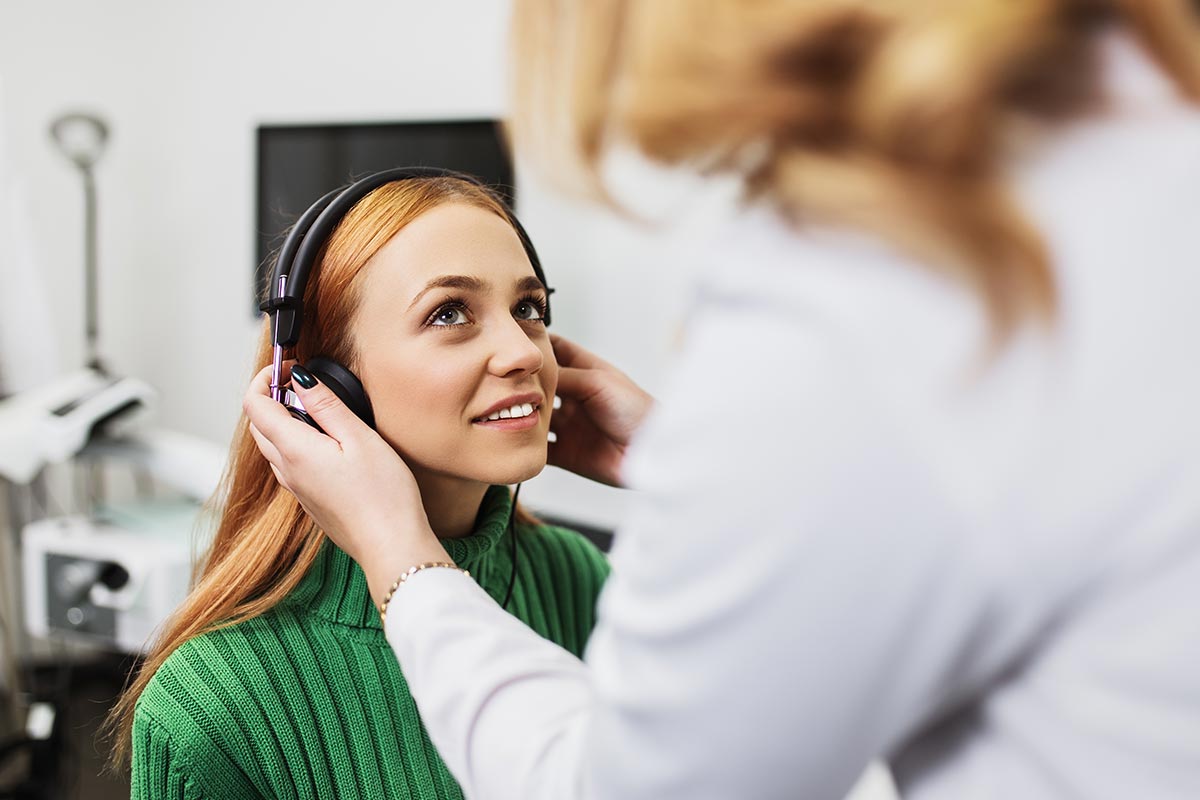An Insider’s Guide to Visiting an Audiology Clinic

Are you experiencing difficulty hearing conversations? Do you find yourself constantly asking people to repeat themselves? If so, it might be time to visit an audiology clinic. Whether you’re seeking help for yourself or a loved one, understanding what to expect during your visit can alleviate anxiety and ensure you get the care you need. In this insider’s guide, we’ll walk you through the process of visiting an audiology clinic, from making an appointment to undergoing tests and receiving treatment.
Before You Go
- Gather your information: Prepare a list of your symptoms, any relevant medical history, and current medications. Write down any questions you have for the audiologist.
- Consider bringing a friend or family member: They can offer support, take notes, and provide another perspective.
- Know your insurance coverage: Understand what your insurance covers and the out-of-pocket costs you might incur.
- Relax and be open: The audiologist is there to help, so don’t be afraid to share your concerns honestly.
What to Expect at the Clinic
- Welcome and paperwork: Fill out the necessary forms about your medical history and hearing concerns.
- Consultation: The audiologist will discuss your symptoms, concerns, and lifestyle. They may also perform a visual examination of your ears.
- Hearing tests: These painless tests measure your hearing thresholds and identify potential issues. Common tests include pure-tone audiometry, speech-in-noise testing, and tympanometry.
- Results and discussion: The audiologist will explain your test results and discuss the cause and severity of your hearing loss. They will also answer your questions and address any concerns.
- Treatment options: Depending on the diagnosis, the audiologist will recommend various treatment options, such as hearing aids, assistive listening devices, or auditory rehabilitation therapy.
- Next steps: The audiologist will discuss the next steps in your hearing journey, including scheduling a fitting for hearing aids or further testing.
Pro Tips for a Smooth Appointment
- Arrive early: This gives you time to relax and settle in before your appointment.
- Bring a hearing aid if you have one: The audiologist can assess and adjust its performance if needed.
- Be honest about your hearing difficulties: The more information you share, the better the audiologist can understand your needs and recommend suitable solutions.
- Ask questions: Don’t hesitate to ask about your hearing loss, treatment options, and anything else that concerns you.
- Take notes: This will help you remember the key points discussed during the appointment.
Understanding Your Hearing Loss
- Types of hearing loss: There are three main types: conductive, sensorineural, and mixed. Each type has different causes and treatment options.
- Degrees of hearing loss: Hearing loss is categorized into mild, moderate, severe, and profound. This helps determine the severity of your hearing loss and guide treatment recommendations.
- Impact on daily life: Understanding how hearing loss affects your daily activities and communication can help you make informed treatment decisions.
Understanding the Tests
Be confident with the technical terms! Here’s a breakdown of some common hearing tests:
- Pure Tone Audiometry measures your ability to hear different pitches and volumes at various frequencies.
- Speech Testing: Evaluates your ability to understand speech in noisy environments, a crucial skill for everyday life.
- Tympanometry Test: Assesses the middle ear’s function by measuring its pressure and mobility.
Treatment Options
- Hearing aids: These electronic devices amplify sound and improve your ability to hear speech and other sounds.
- Assistive listening devices can help you hear better in specific situations, such as watching TV or using the phone.
- Auditory rehabilitation therapy helps you develop strategies to cope with hearing loss and improve communication skills.
Follow-Up Care
After receiving treatment, it’s important to follow up with your audiologist regularly to monitor your progress and make any necessary adjustments to your treatment plan. They may also guide you in caring for your hearing aids or other devices to ensure optimal performance and longevity.
Important Questions to Ask
Don’t leave any stone unturned! Ask your audiologist:
- What type of hearing loss do I have, and what caused it?
- What hearing aid options are available, and which might be best for me?
- What is the cost of hearing aids, and are there any financing options?
- What aftercare services do you offer?
Conclusion
Visiting an audiology clinic can be the first step towards reclaiming your hearing and improving your quality of life. By understanding what to expect during your visit and actively participating in your care, you can make the most of your appointment and take proactive steps towards better hearing health.
